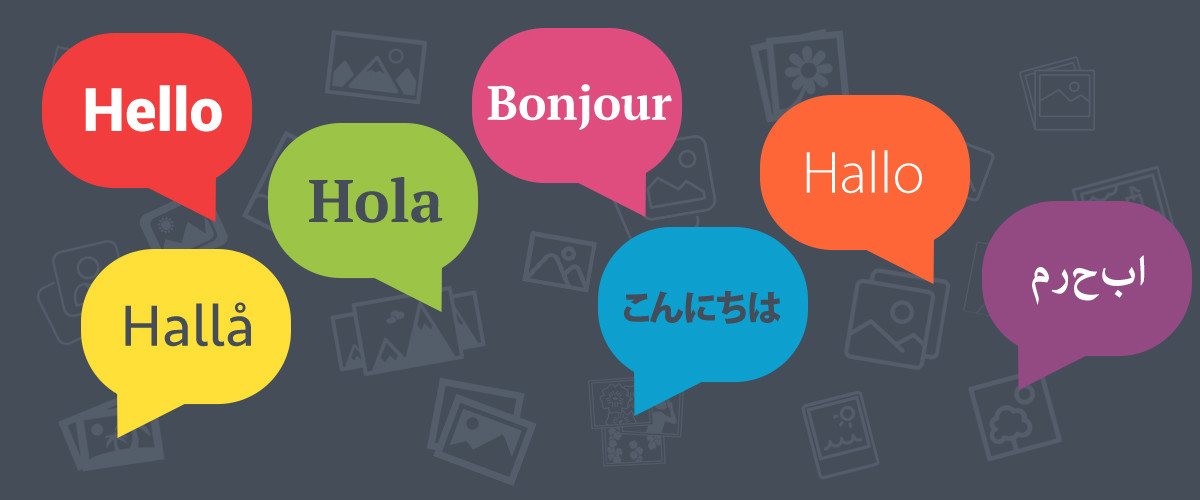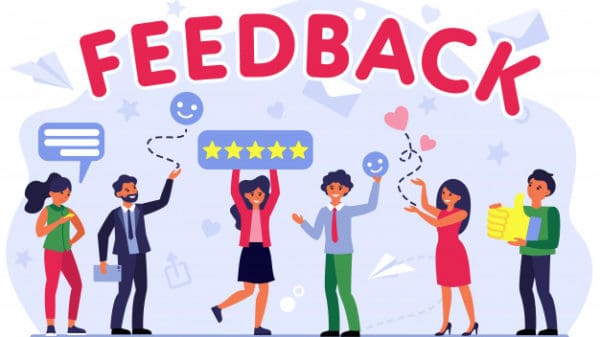The customer is king. More notably, every customer is unique. They come with their own expectations from different cultural and ethnic backgrounds. So, as a business, how do you delight every single one of them? How can you relate to the needs of your multi-cultural customer base and understand their needs thoroughly?
As simple as it sounds, the answer lies in being able to converse with customers in their native languages. In other words, providing multilingual customer support is how you win over them!
We aren’t the only ones vouching for it. Your customers seem to be echoing the same sentiment!
Today, quality customer support is the bare minimum. And when we say quality support, it includes the language of communication. If your agent is able to speak the customer’s language, not only is the issue resolved faster but the customer walks away assured that they can count on the brand at any point in time.
In fact, 74% of customers are more likely to repurchase if after-sales care is offered in their language. A study by ICMI provided some more interesting insights – 71.5% of customer service leaders interviewed said ‘support in a customer’s native language increased their satisfaction with customer support’. In addition, 58.4% of customers said native language support increased their loyalty to the brand.
But, what about translated websites? Unfortunately, they don’t cut it. Firstly, with translations, you cannot adapt the content to the sensitivities and other cultural nuances of a region. Secondly, it fails to create a personal connection with the customer, which means driving them to make that first purchase can be an almost impossible task. Even if the customer ends up buying something, they prefer call centers for queries and complaints. So, a website translation doesn’t really provide a localized customer experience across the entire journey.
Now, you might be wondering how to get started with this. Thinking of setting up an automated system? I wouldn’t blame you! Saves a lot of time, right? But…
Automating Multilingual Support is so Wrong!
While machine translations happen in real-time, they aren’t 100% accurate. You might get a fair idea of what the customer is saying, but there’s every chance that you might miss out on something really important.
At the same time, machine translations do not take into consideration the context around customer queries. As automation is based on a set logic and a bunch of rules, the agent will find it difficult to categorize a ticket as a follow-up request, an emergency complaint or merely a query. Also, different local words have different meanings based on the context of how, when and what is being conveyed.
If agents don’t understand or misinterpret queries, the resolution time would naturally go up. And despite investing in costly machine translation technology, you still might end up losing customers!
So, where does the Solution lie?
Multilingual customer support without automation? Start looking at people! Apart from overcoming the limitations posed by machine translation, humans have this magical quality of building meaningful relationships.
However, do note that it’s not as straightforward as using X number of talented and well-equipped Multilingual agents for the job. Companies need to first identify the countries where they need customer support in the local language and then bring in native Multilingual agents. Having native agents ensures that the support your brand provides is in tune with local sentiments and cultural values. The customer, therefore, is able to get quick answers and solutions, and have a more comfortable interaction than with a foreign agent.
The ultimate question – Do I do this in-house or outsource it?
When you’re dealing with a large number of customers and are looking to create a multilingual customer support team, it’s always best to outsource it to a multilingual call center. Here’s why:
1. It is a tedious job to recruit native agents who excel in both communications as well as customer support skills especially if your business is present in more than two countries. When you hire a Multilingual call center, you can expand internationally at a much faster pace without worrying about how to support your international customers.
2. To make sure that your multilingual agents are delivering the expected quality and is accurately handling your customer communication would need you to also hire quality and training teams that are well versed in their language. Outsourcing your Multilingual Customer support to a Multilingual call center would considerably lower your costs and save time as you wouldn’t have to supervise and manage the multilingual agents all the time.
3. Managing cross-cultural staff entails many challenges. How people from different cultures perceive the display of assertiveness and decision making on behalf of the manager, the tone you use while communicating with them and above all the language barrier. If not dealt with carefully and tactfully, these can lead to all kinds of conflicts and uncomfortable situations. When you outsource your Multilingual customer support to a Multilingual Call Center, you save yourself all the hassle and worry of managing Multilingual agents.
4. Multilingual Call Centers have several years of experience in providing Multilingual Customer Support to customers from different countries. They understand how to connect with customers from different cultures. When you outsource to a Multilingual Call Center, you can benefit from the critical insights they have in the traits and characteristics of local consumer behavior. They can share with you valuable information and best practices they have observed, developed and implemented to succeed in your target country.
5. You don’t have to personally worry about delivering a great service experience. Your customers get to talk to expert Multilingual agents who are well-versed in native languages and have in-depth knowledge of your products/services.
Now, you must be pretty clear on why you need Multilingual call centers and why technology won’t do the job. In the next part, we will analyze the factors you need to take into consideration while choosing the right multilingual call center.
You Can Also Read: Top 5 Challenges and Solutions for Managing Multicultural and Multilingual Teams
Vishal Pandey works at a Delhi based leading digital marketing company. He has a powerful knowledge regarding the global marketing trends and so chooses his career in the same field.

























































































































































































